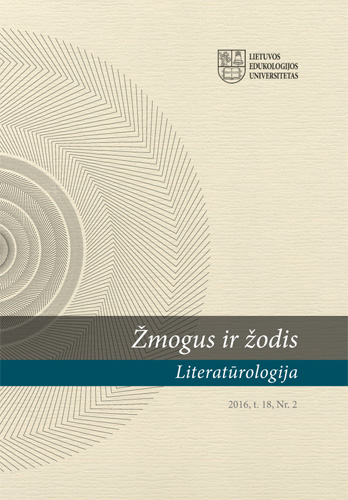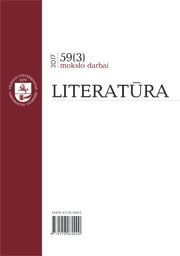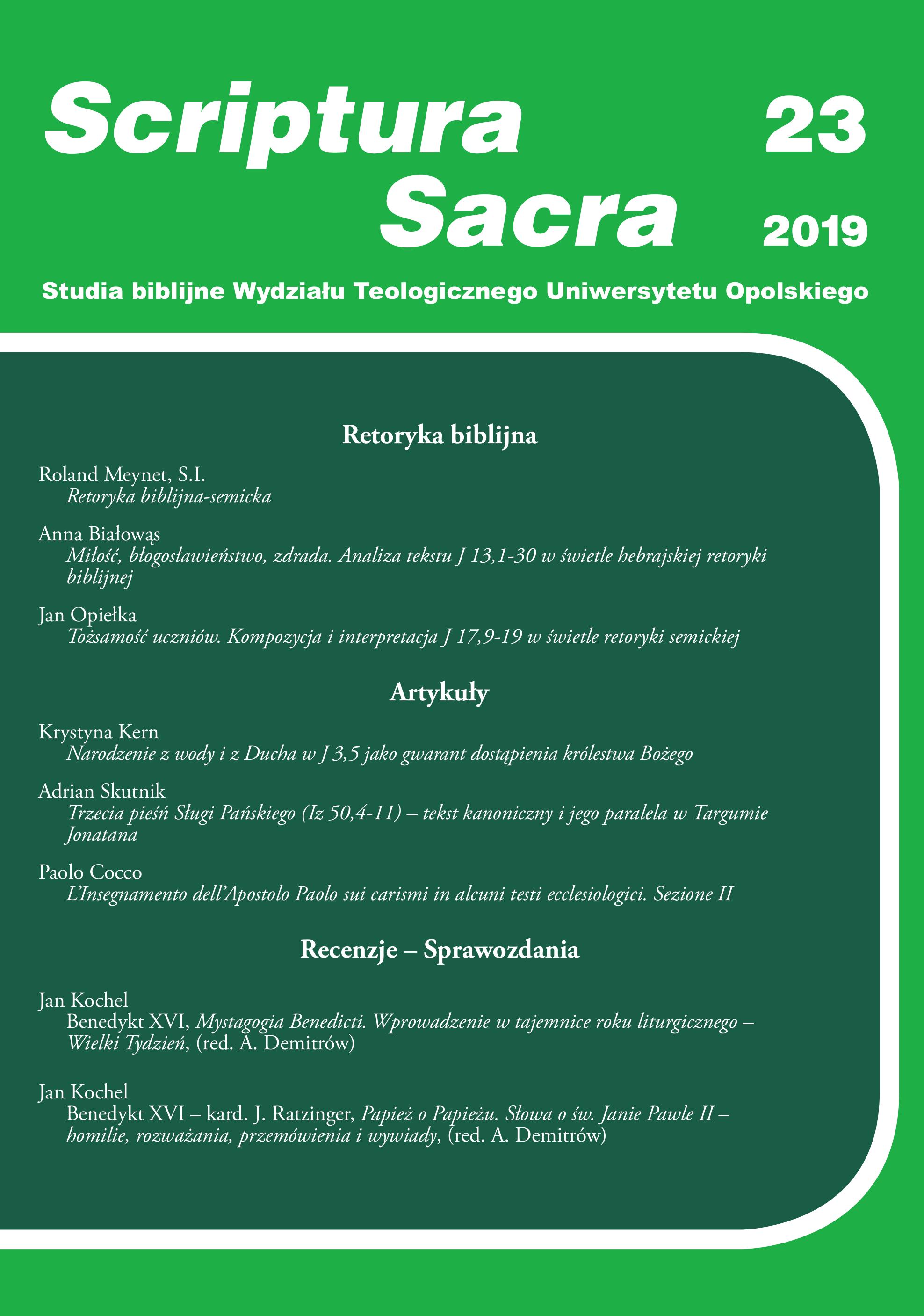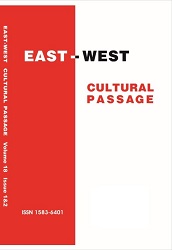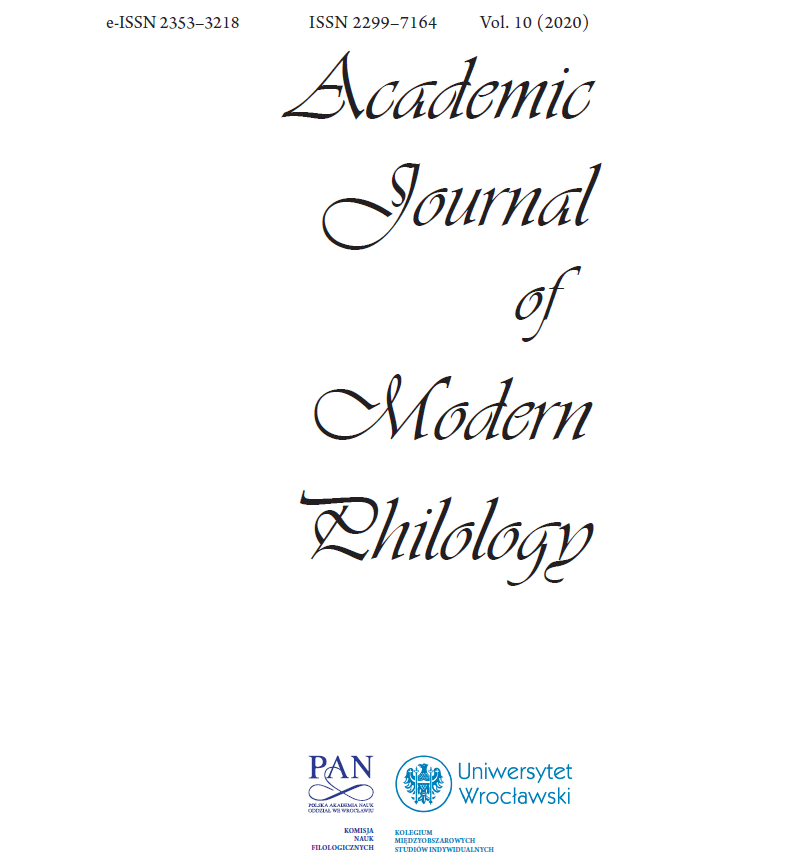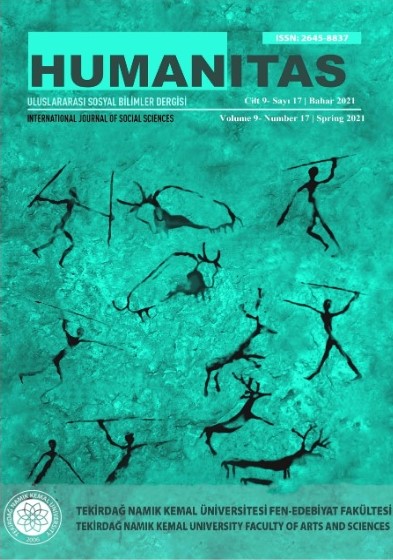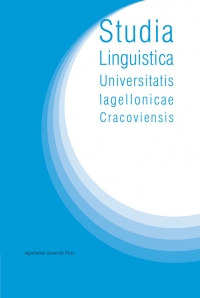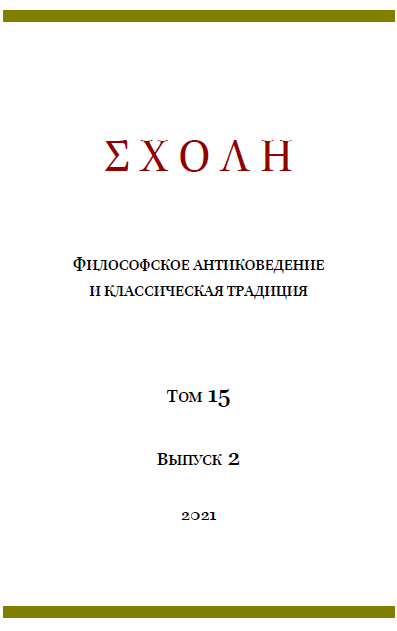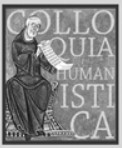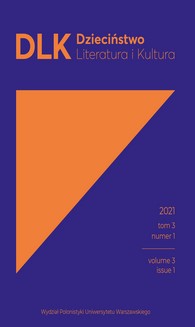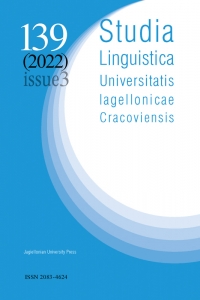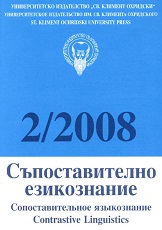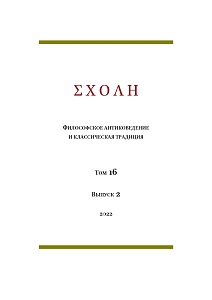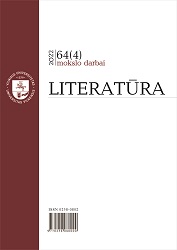Author(s): Tomas Veteikis / Language(s): Lithuanian
Issue: 3/2006
The present article focuses on the question of the authorship of the Greek Odarion to St. Casimirus, one of the most outstanding pieces of Greek poetry in Early Modern Lithuania, recently famed for its dual versification. This amusing piece of work, located in the collection of the panegyrical texts to the same saint, carrying the title THEATRVM S. CASIMIRI, IN QVO IPSIVS PROSAPIA, VITA, MIRACVLA, & illustris pompa in solemni eiusdem apotheoseos instauratione, Vilnae Lithuaniae Metropoli V. Id. Maij, Anno D[omi]ni M. DC. IV. instituta graphice proponuntur. […] Editum ibidem [sc. Vilnae], eodem anno [sc. 1604], operis Typographicis Academiae SOCIETATIS IESV, was performed orally during the solemnities that took place 10–12 May in 1604 in Vilnius due to the recent canonization of this saint. The true author of this collection is actually unknown and the same is applicable to the Odarion. Gregorius Swięcicki, the member of Vilnius chapter, whose name appears in several parts of the convolute (especially, under the short introductory letter Author Lectori), is generally being taken as an author’s name for the whole printed collection (including Odarion). This position was recently questioned due to the detection of one more important part of the convolute, the so-called Pompa Casimiriana written by certain Quirinus Cnoglerus Austrius. The main idea of this article is to reveal the complicated cultural, educational and confessional surroundings of such a litterary composition as Odarion and give several suggestions concerning the personalities who might be called its authors. First of them is Austrian “philhelenic” humanist and probably convertite Quirinus Cnogler, the author of the panegyrical oration (sermo panegyricus) Pompa Casimiriana (s. l., s. a. [=Vilnae 1604?]) and a number of occasional, publicistical, polemical writings of different scope. Another “candidate” is Swedish poet Laurentius Boierus (1561–1619), the author of Carolomachia (Vilnae, 1606) and meanwhile unknown, not-extant poem Pompa Casimiriana (Brunsbergae, 1604), mentioned by various Jesuit bibliographies. Finally, the third of the „candidates“ is Ioannes Kraykowski of Polish/Lithuanian origin, the student of rhetoric at Vilnius Jesuit college, the author of various occasional Latin and Greek verses and one larger poem, Epos de S. Casimiro (Vilnae, 1604), composed for the mentioned solemnities of S. Casimirus and dedicated to his patron Fabian Plemięcki. The article doesn’t solve the problem of the authorship of Odarion completely and leaves the question open. Nevertheless, a certain strand of tentative conclusions is to be drawn. First of all, the authorship of Gregorius Swięcicki is to be reduced, reserving him only the name of the organizer or co-author of the whole collection (Theatrum S. Casimiri). The role of all the professors and students (especially the members of pious congregations and rhetorical/poetical ‘academies’) of Vilnius Jesuit academy is to be stated more firmly, too. Certain lexical and methodological affinities between Odarion and a couple of Greek compositions of Ioannes Kraykowski (including his Greek Odarion, written in dactylic tetrameters) enable us to state the hypothesis that he was its actual author. Nevertheless, the outstanding “philhelenism” of Quirinus Cnoglerus and the intricate manner of the self-camouflage (writing suppresso nomine) of Laurentius Boierus still remain as a serious claim for the name of the author of Odarion.
More...
